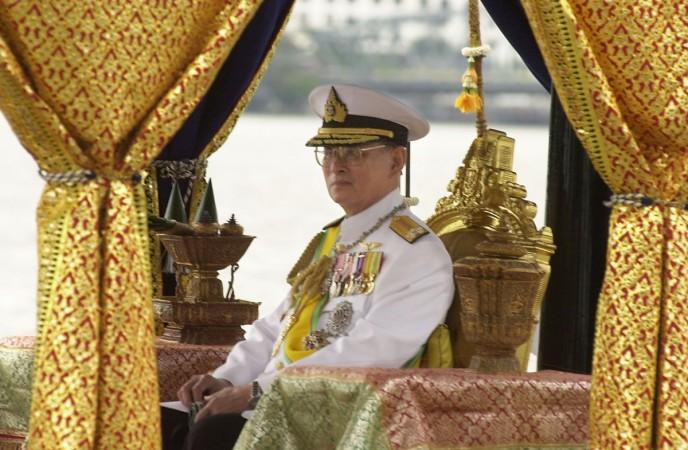
With King Bhumibol, 88, having been quite unwell and his passing away, one big question is about succession. Thailand, as known, is run by a military government though there was a monarch. This popular tourist destination has seen quite a lot of political unrest over the last few decades.
King Bhumibol was crowned in 1946 but over the last few years has cut down on his public engagements due to ill-health. However, neither the King's health nor succession plans were ever discussed because of the royal defamation laws that were tightened after the military came in. Anyone who insulted the monarchy could find themselves in prison for upto 15 years.
The next king
The only son of the King, Crown Prince Vajiralongkorn, 64, who lives mostly in Germany, is not as loved as his father. There is reportedly fear that his eccentric nature could cause harm to the country. But it's in all likelihood that he will be crowned king now. The Crown Prince is the rightful heir to the throne and there is likely to be no opposition. But when he will be crowned is unsure as the country could have a long period of mourning for the King.
Turbulent political history
Thailand has had more coups than any other country in the world. One of the main reasons attributed for this is the existence of the military regime and the monarchy which makes the country neither democratic nor autocratic. Now, with the King's demise there is fear that there could be more political unrest.
Economic crisis
As soon as news came out that the King has been admitted in hospital, the stock market was affected. The stock market crashed on Thursday and has gone down 9 % this week. Investors also started to dump shares as soon as they heard that the King was ill. This year the economy had been doing well and Thailand's SET index was up 9.2% to date this year. Now with the King's reported demise, stocks plunged and the Baht also weakened. On Thurdsay, it was 35.71 baht to a US dollar.









